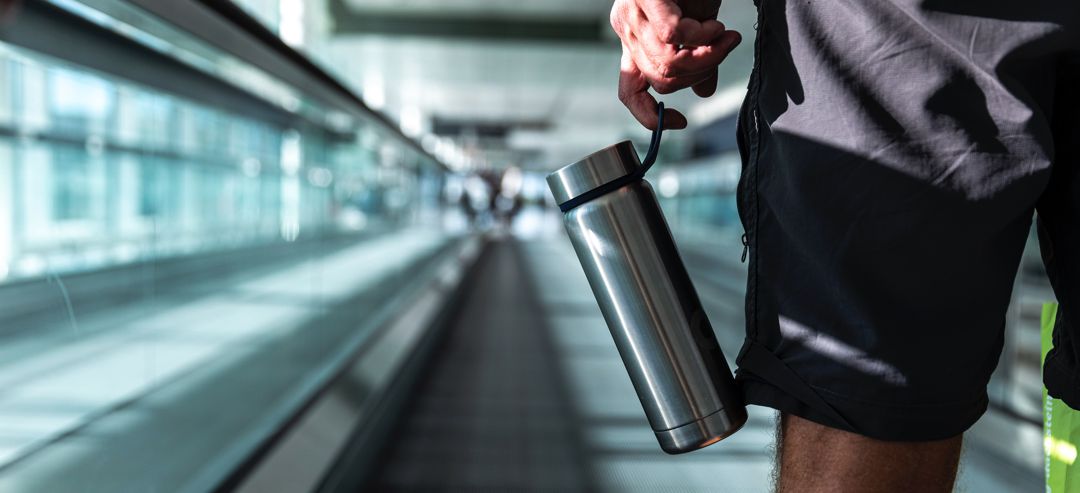
While Tucsonans are used to it being hot during the summer months, it is especially toasty this year, with record-breaking heat forecasted for the foreseeable future.
“When it gets this hot, we need to take extra care to stay safe and healthy,” said Aimee Blum, TMC Emergency Department manager. “Heat-related illnesses, such as heat exhaustion and heat stroke, can spring up pretty quickly, even for those who are otherwise in good health.”
Blum gave us the following tips on how to stay healthy during extreme heat.
Staying healthy while it’s hot
- Limit your outdoor activity to the coolest hours of the day and avoid mid-day outings.
- If you must go outside, make sure to wear sunscreen.
- Drink plenty of fluids, even before you feel thirsty and even if you are in a pool.
- Wear light colored, loose-fitting clothing.
- The very young and very old are most susceptible to heat exhaustion due to decreased thermoregulation. Make sure to keep tabs on the young children and elderly people in your care.
- Check on your elderly neighbors.
- NEVER leave children or pets in cars.
- Take cool showers or baths to cool down.
- Use your air conditioner. If you don’t have one, spend some time in a place that does, such as a movie theater, library or mall.
Watch out for these symptoms of heat exhaustion
Symptoms of heat exhaustion include headache, dizziness, weakness, nausea, heavy sweating, muscle cramps and cool, moist skin with goosebumps when in the heat.
If you think you are experiencing heat exhaustion stop all activity and rest, move to a cooler place and drink cool water or sports drinks. If symptoms worsen or don’t improve in one hour, contact your doctor. If you are with someone showing signs of heat exhaustion and becomes confused or agitated or loses consciousness, call 911 or get them to your nearest emergency department immediately.
Watch out for these symptoms of heatstroke
Symptoms of heat stroke include high body temperature (104 or higher), confusion or altered mental status, changes in sweating, nausea and vomiting, flushed skin, rapid breathing, racing heart rate and headache.
If you think you or another person is experiencing heatstroke, seek medical help immediately. Call 911 or go to the nearest emergency department. While you wait, get the person to shade or indoors, remove excess clothing and cool the person with water, ice packs or wet towels on the head, neck, armpits and groin.